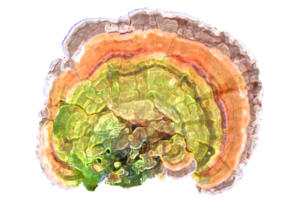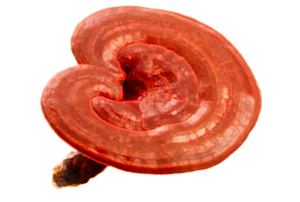Shahdat Hossain, Sujan Bhowmick, Saiful Islam, Liza Rozario, Sabrin Jahan, Mehedi Hassan, Marzan Sarkar, Bazlul Karim Choudhury, Sohel Ahmed, Hussain Shahjalal
Abstract
We studied the effect of chronic oral exposure to lead acetate (PbA) on the sensitivity of RBC to hemolysis and whether the sensitivity could be decreased by feeding the rats with extract of medicinal mushroom Ganoderma lucidum. Three groups of rats, control, PbA-exposed, and G. lucidum (Gl)+PbA, were used. PbA (3 mM) was administered via drinking water and G. lucidum extract by gavage at 300 mg/Kg BW/day for 12 weeks. Afterwards, the rats were killed and washed RBCs were subjected to hemolysis in the presence of Fenton’s reagents. Hemolysis was determined by estimating the amount of released hemoglobin. The levels of lipid peroxide (LPO) and GSH were determined from RBC membranes and whole RBCs, respectively. The levels of TNFα and LPO also were determined from hepatic tissues. The RBCs of PbA-exposed rats displayed significantly higher sensitivity to hemolysis than those of the Gl+PbA rats. The levels of LPO increased and GSH decreased in the RBCs, with concomitant increases in the levels of hepatic TNFα and LPO in the PbA-exposed rats. The degree of hemolysis was significantly low in the RBCs of Gl+PbA rats, concurrently with amelioration of hepatic parameters. Finally, the study suggests that PbA-induced-hemolysis and related oxidative-toxicity might be minimized by consumption of G. lucidum.
Reference:
Evid Based Complement Alternat Med. 2015; 2015: 463703


